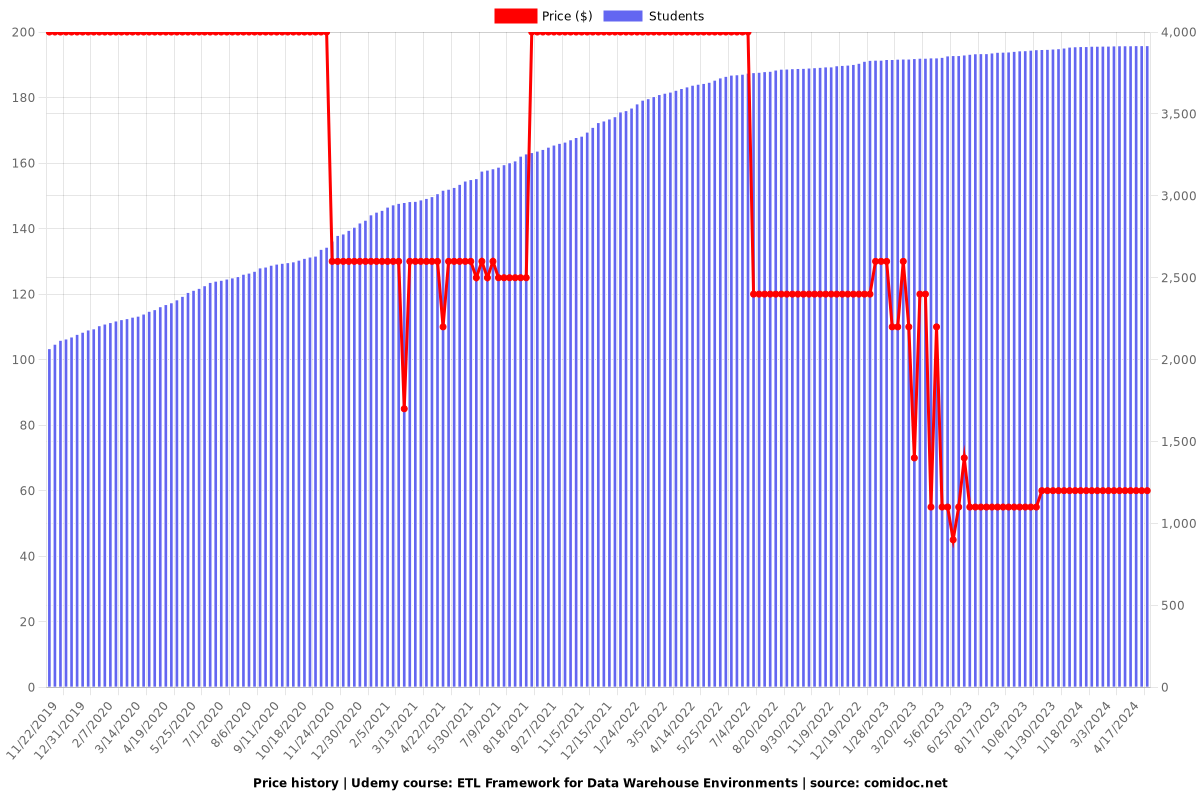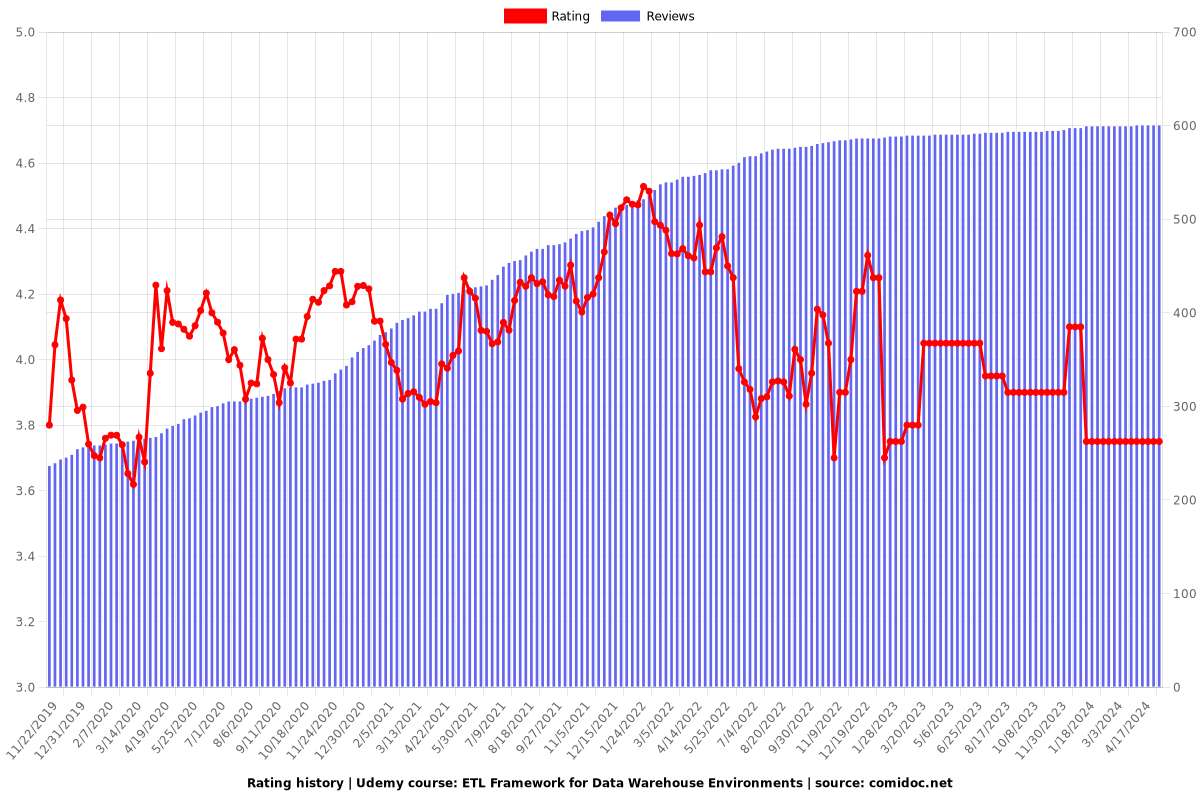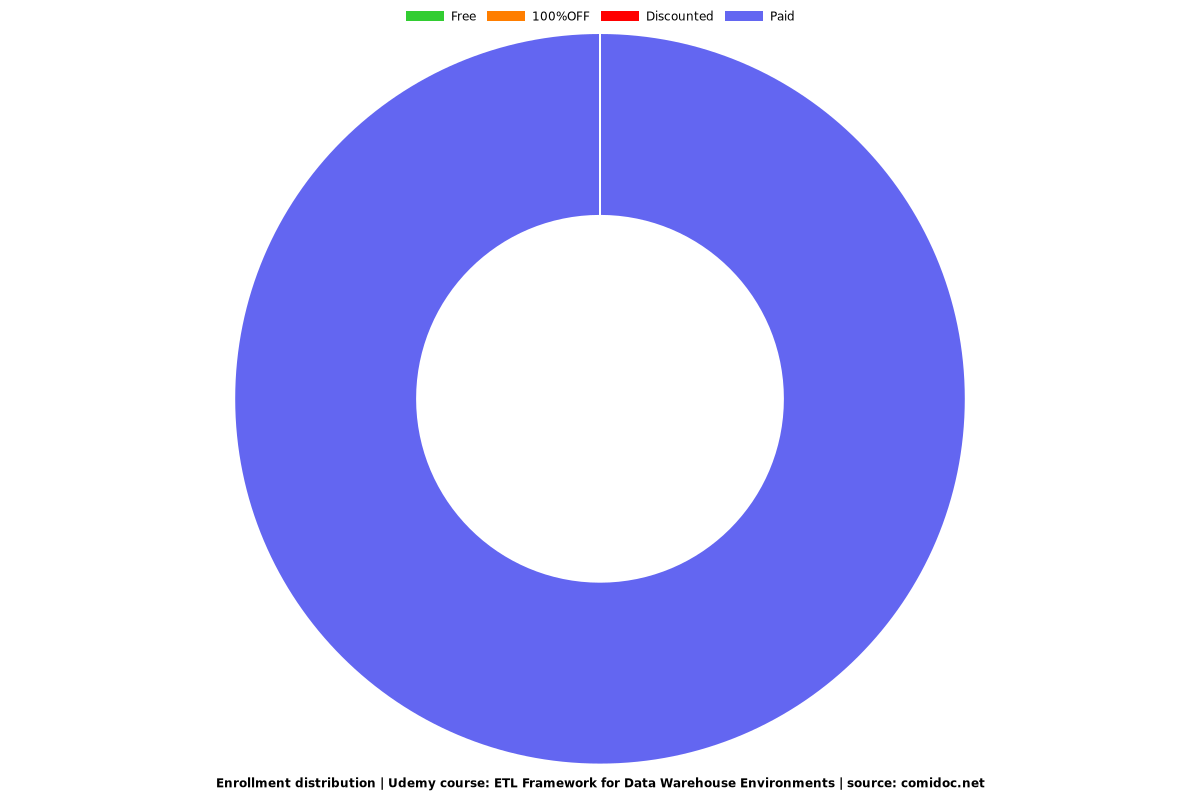ETL Framework for Data Warehouse Environments
The non functional ETL requirements

What you will learn
This course provides a high level approach to implement an ETL framework in typical Data Warehouse environments. This approach can be used for a new application that needs to design and implement ETL solution which is highly reusable with data loading, error handling, audit handling, job scheduling and re-start-ability features. This framework will help reduce time and increase quality due to high re-usability and design standards.
Metadata Categories, learn the commonly used types of metadata in a real time project and how these are different from the Business and Technical viewpoints.
ETL Framework process flow, the process flow and different activities which should be taken care during the ETL framework implementation from file (source data) validations, Exception handling and Audit Control.
Data Sourcing, the different types of Data Sourcing possible in a Data Warehouse environment, different mechanisms in which the data sourcing can happen like the Scheduled events, Change Data Capture, Pub- Sub, Web services/API connectivity and the classification.
Different commonly required/used scripts for Data Sourcing, the different validations required to be performed for Data Sourcing and what functionality to be included in the scripts (shell/bat).
File Validation process, post file validation steps and file validation failure notifications.
Staging Layer, the need for staging layer, Reference Data, Audit columns for Staging and Reference tables, Data retention in the staging layer, partitions and DB standards.
Business Validation Layer, different situations possible during the data processing, concurrent workflow process, partitions in staging and business validation layer.
Data warehouse Layer, Dimension Load, Fact Load types/process, Fact partitions, Fact Summary Load and Source File Management/Archival.
Exception Handling/Error Handling, Data model for exception handling, Error Category, Error Code and different possible solutions for exception handling.
Sample Project Setup, Steps to download the project setup, executing the DDLs for metadata, project explanation and importing the code base into Informatica.
Extending the Operational Metadata’s Data Model for exception handling with additional supporting tables.
Error Handling Data Model, the framework for the data model design.
Using PMREP tables, for exception handling.
Audit, Balance and Control, the need, different technology components involved, table structure and data model, workflow example.
Configuration Management, Software Change Management, Identification, Tracking and Management of all the assets/objects of a project, One of the standard project management processes, the formal way for managing changes of the software and the process for deploying code from development to testing to production.
Why take this course?
This course provides a high level approach to implement an ETL framework in any typical Data Warehouse environments. The practical approaches can be used for a new application that needs to design and implement ETL solution which is highly reusable with different data loading strategies, error/exception handling, audit balance and control handling, a bit of job scheduling and the restartability features and also to any existing ETL implementations. For existing implementations this framework needs to be embedded into the existing environment, jobs and business requirements and it might also go to a level of redesigning the whole mapping/mapplets and the workflows (ETL jobs) from scratch, which is definitely a good decision considering the benefits for the environment with high re-usability and improved design standards.
This course is a combination of standard and practical approaches of designing and implementing a complete ETL solution which details the guidelines, standards, developer/architect checklist and the benefits of the reusable code. And, this course also teaches you the Best practices and standards to be followed in implementing ETL solution.
Though this course, covers the ETL design principles and solutions based on Informatica 10x, Oracle 11g, these can be incorporated to any of the ETL tools in the market like IBM DataStage, Pentaho, Talend, Ab-intio etc.
Multiple reusable code bundles from the marketplace, checklists and the material required to get started on UNIX for basic commands and Shell Scripting will be provided.
Reviews
Charts
Price

Rating

Enrollment distribution
